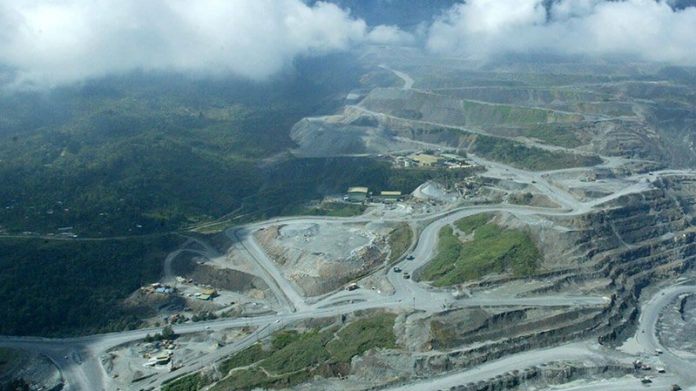
SUPPLIES of minerals and metals to world markets may decline after a number of large mining companies temporarily stopped work at mines in the wake of COVID-19, including operations which had recorded no cases of the virus, said the Financial Times.
Citing BMO Capital Markets analyst, Edward Sterck, a supply shortage had not been properly priced in by markets. “As the number of operations announcing restrictions to production increases, so does the risk to supply for a number of key commodities, which we think hasn’t been properly priced in by markets,” said Sterck.
In Peru, which accounts for 12% of global copper production, a 15-day national quarantine has brought its mining industry almost to a standstill, while Codelco, the world’s biggest producer of the metal, has reduced operations in Chile, said the newspaper.
On March 20, Glencore said it was reviewing its Mopani copper operations in Zambia, according to a report by Reuters.
“The rapid decline in the price of copper due to the impact of COVID-19 has now placed significant additional pressure on Mopani’s operations,” the company said in a statement. The metal, often referred to as ‘Dr. Copper’ because it acts as a bellwether for the global economy, has been hit hard by the global slowdown caused by COVID-19, said Reuters.
Glencore said that its review of Mopani would give it the necessary financial flexibility to navigate the downturn.
Brazilian firm Vale said it had ceased mining at Voisey’s Bay nickel mine in Canada as a precaution to protect the health of local residents. It said employees had not tested positive for the virus but the fly-in and fly-out nature of its operations presented risks.
Australia’s Newcrest Mining has suspended fly-in fly-out operations at its Lihir Gold mine in Papua New Guinea. BMO’s Sterck said operations such as these were at greatest risk of disruption owing to the mobile nature of some of its employees.
Citing analysts, the Financial Times said that steel feed ingredient, iron ore, is one of the commodities at the greatest risk of disruption. About 60% of the world’s seaborne iron ore is produced in the Pilbara, a remote part of Western Australia that is a two-hour flight from the state capital of Perth.










